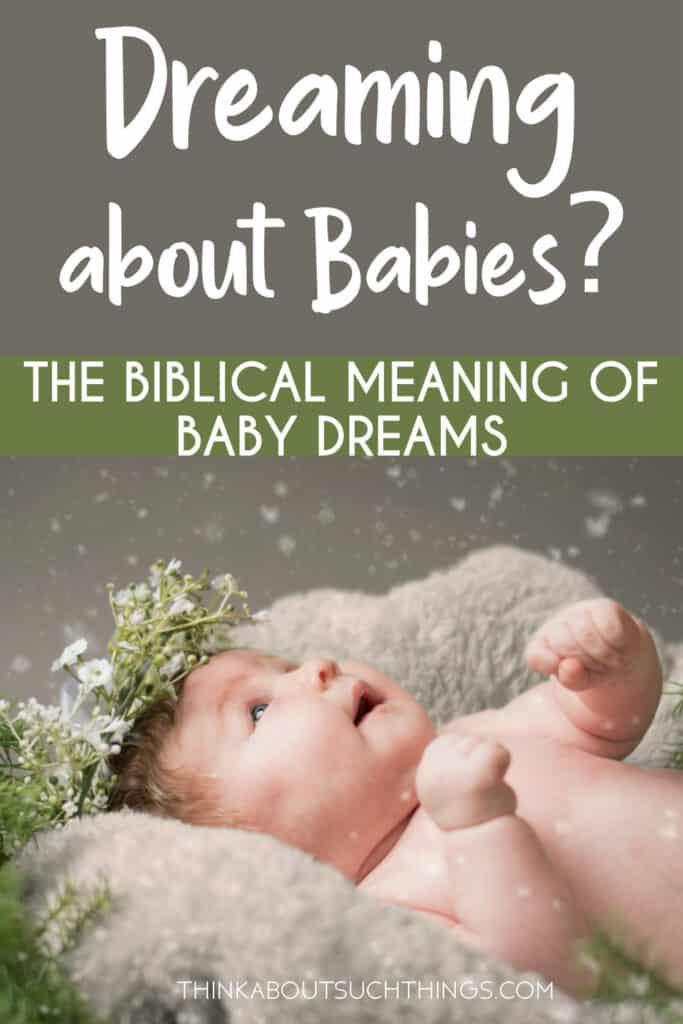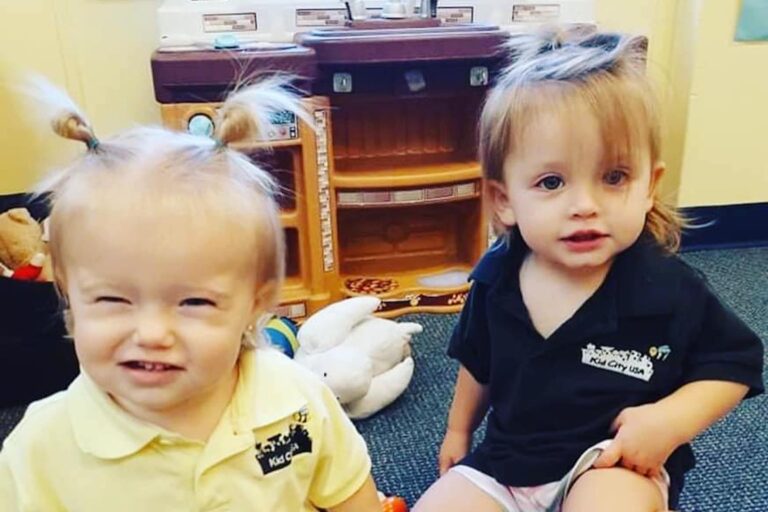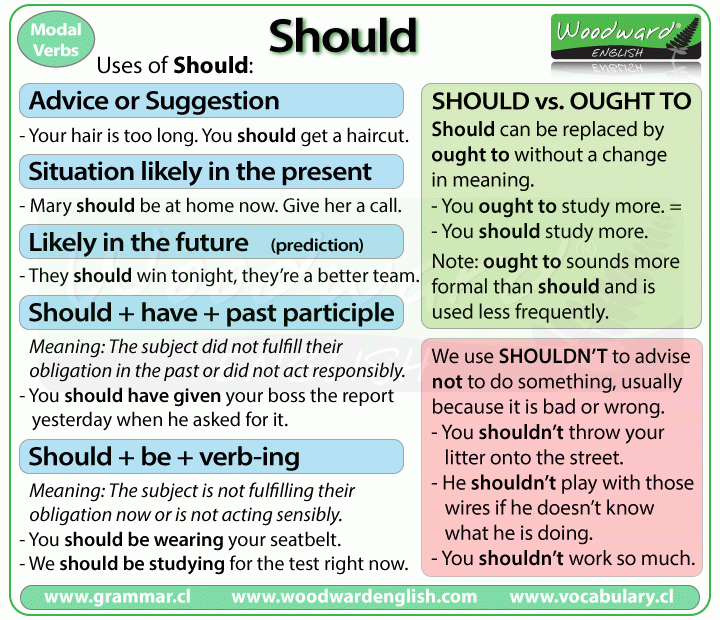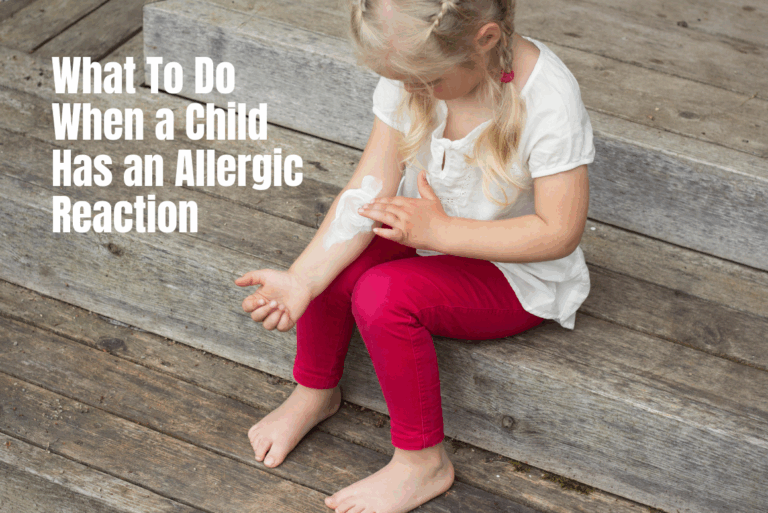What Do Babies Dream About: Unraveling the Mystery of Infant Dreams
Have you ever wondered what goes on in the mind of a sleeping baby? Do babies dream like adults do? The topic of what babies dream about has long been a point of fascination for parents and researchers alike. In this article, we will delve into the world of infant dreams, exploring the possible content of their dreams and what it could mean for their development.
Knowledge
When it comes to understanding what babies dream about, it’s important to consider the various stages of sleep that infants go through. Babies, like adults, go through cycles of Rapid Eye Movement (REM) and non-REM sleep. REM sleep is the stage where dreams are most likely to occur, characterized by rapid eye movements, increased brain activity, and vivid dreams.
While it is difficult to determine exactly what babies dream about, there is evidence to suggest that they do, in fact, dream. Studies have shown that infants experience REM sleep, which is associated with dreaming in adults. It is believed that babies’ dreams may be influenced by their daily experiences, emotions, and interactions with their environment.
The content of a baby’s dream is likely to be different from that of an adult’s dream. Babies’ dreams are thought to be more sensory-based, focusing on images, sounds, and sensations that they have experienced while awake. For example, a baby may dream about the faces of their parents, the sound of a lullaby, or the feeling of being held in someone’s arms.
Additionally, babies’ dreams may be influenced by their stage of development. Newborns, for instance, may dream about the sensations of being in the womb, while older infants may dream about their interactions with their caregivers and the world around them.
While the exact content of a baby’s dreams remains a mystery, some researchers believe that dreaming plays a role in infant development. Dreaming may help babies process and consolidate their daily experiences, emotions, and memories, contributing to their cognitive and emotional development.
Furthermore, dreaming may also serve as a form of mental rehearsal for babies, allowing them to practice and refine their motor skills, social interactions, and problem-solving abilities while they sleep.
Conclusion
In conclusion, the topic of what babies dream about is a complex and intriguing one. While we may never know for sure what goes on in the mind of a sleeping baby, it is clear that dreaming plays a significant role in infant development.
Parents and caregivers can take comfort in knowing that their babies’ dreams are likely a reflection of their daily experiences and interactions, helping them process and make sense of the world around them. By creating a safe and nurturing environment for their little ones, parents can support healthy sleep patterns and foster positive dream experiences for their babies.
So, the next time you gaze upon your sleeping baby, consider the possibility that they may be embarking on an adventure in dreamland, exploring a world of wonder and imagination that is uniquely their own.






